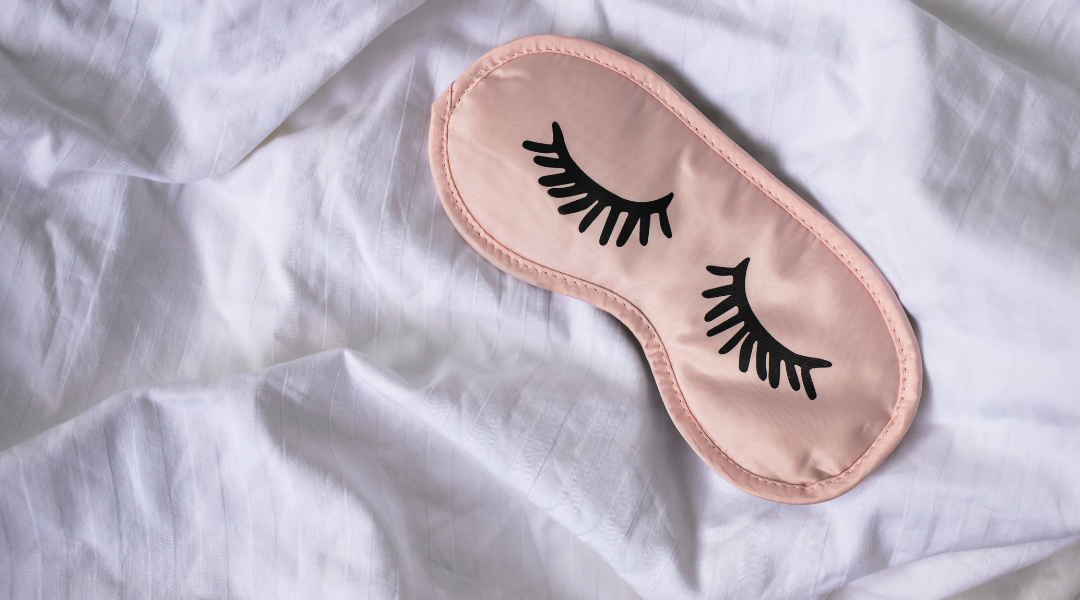Most people have a tumultuous relationship with sleep. When we are young, our sleep is the centre of our parents’ attention (perhaps as it is the only point in the day that they get some respite), then we get vilified for being lazy teenagers who wake up at noon and, finally, we become working people who are expected to function on 6 hours’ sleep.
Sleep is quite a strange phenomenon when you really think about what it is. In Matthew Walker’s book, Why we sleep, he rather amusingly describes a scenario in which the parents of a newborn baby are informed that the baby is perfectly healthy, except that every night the baby will enter a state of impaired consciousness for several hours during which they experience vivid hallucinations before regaining consciousness and having little memory of these experiences. Furthermore, given that we spend about a third of our lifetimes sleeping, one would expect more people to be curious about the beneficial effects of sleep. It clearly can’t be an evolutionary relic of little significance.
Here are a few key points that I took away from Walker’s book that, I hope, will help you appreciate the importance of sleep and, consequently, improve your sleep hygiene.

1. Sleep is Crucial for Building and Consolidating Memories
Most university students will have gone through the deep revision phase during which you work late into the night and wake up relatively early to head back to the library. This exhausting lifestyle is fuelled by desperation and a sense of wanting to have more hours in the day to revise. Many of us neglect, however, the impact that poor sleep will have on our ability to learn new content and consolidate old ideas.
Though the sleep-deprived brain can be temporarily sharpened with caffeine and strategic napping, it is a poor substitute for a solid 8 hours of continuous sleep. Sleep not only reinforces what we learnt in the preceding day, it also optimises our brain for the day of learning ahead.
2. Sleep Enhances Motor Skills
Those of us that played an instrument during our time at school may well have experienced this phenomenon first-hand. Whilst preparing for my piano exams, I remember the frustration of getting stuck at the same point in a piece time after time. It was as if my brain and my hands were operating independently of each other. I would slam down the lid of the piano, mutter some expletives and swear that I would never play again.
To my amazement, when I begrudgingly returned to the piano the following day, my fingers appeared to fluently dance across the keys as if I’d composed the piece myself.
Sleep, in particular deep NREM sleep, has been proven to improve the speed and accuracy of our motor skills.
3. Poor Sleep Is Associated with Weight Gain

Contrary to popular opinion, appetite is dictated by much more than just ‘will power’. There are a number of hormones, such as ghrelin and leptin, that battle it out within our brains and regulate our satiety. Short sleep has been shown to increase hunger and appetite, compromise impulse control and, ultimately, increase food consumption.
4. Good Sleep Makes You Stronger
I am renowned, within my family, for being an expert sleeper and a night owl. You could put me in a washing machine and I’d still find a way to get some shut eye. Having recently watched some motivational videos by Arnold Schwazenegger, I was reluctantly contemplating a major lifestyle change (by my standards). I wondered whether waking up at the crack of dawn to go to the gym, much as Arnie had done, would help me achieve my strength training goals.
It is with a sigh of relief that I read in Walker’s book that having less than 8 hours’ sleep leads to a 10-30% reduction in time to exhaustion and a reduction in peak and sustained muscle strength. It also impairs recovery after physical exercise.
Apologies, Arnie, the science has spoken – I have no choice but to have a lie in.
5. How You Can Improve Your Sleep
The one criticism I have for Walker’s book is that it leaves the advice on how to improve sleep until the very end. This had little impact on me because I have a near robotic ability to place myself on standby for the night, however, it can instil a sense of anxiety in those who already have trouble sleeping. The first 80% of the book essentially tell you that your poor sleep habits will lead to a fattening, disease-laden, unfulfilled and short life – not the most beneficial of bedtime ruminations for anxious sleepers.
I have the luxury of writing an article, not a book, and I sincerely hope you have made it to the end of this piece and aren’t crying yourself to sleep. Here are a few tips from the end of Walker’s book that will, hopefully, help you improve your sleep.
- Establish a regular bedtime and wake-up time (including weekends)
- Go to bed only when sleepy and avoid using your bed for other activities
- Never lie awake in bed for a significant period of time
- Avoid daytime napping if you have trouble sleeping at night
- Mentally decelerate before bed
- Remove visible clock faces from your bedroom (including your phone) to avoid clock-watching anxiety

